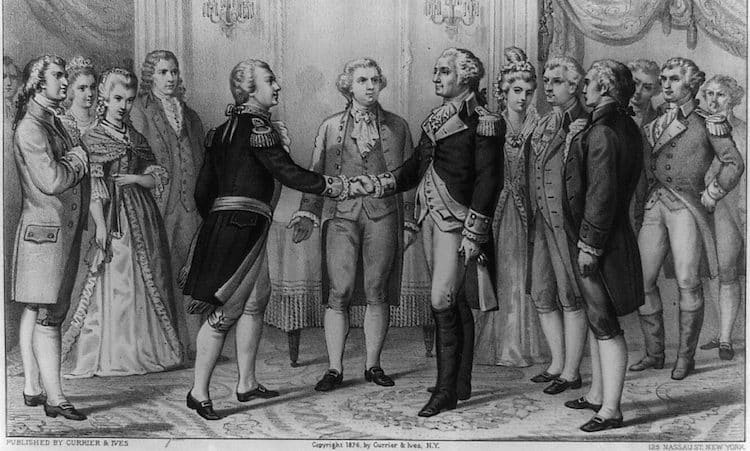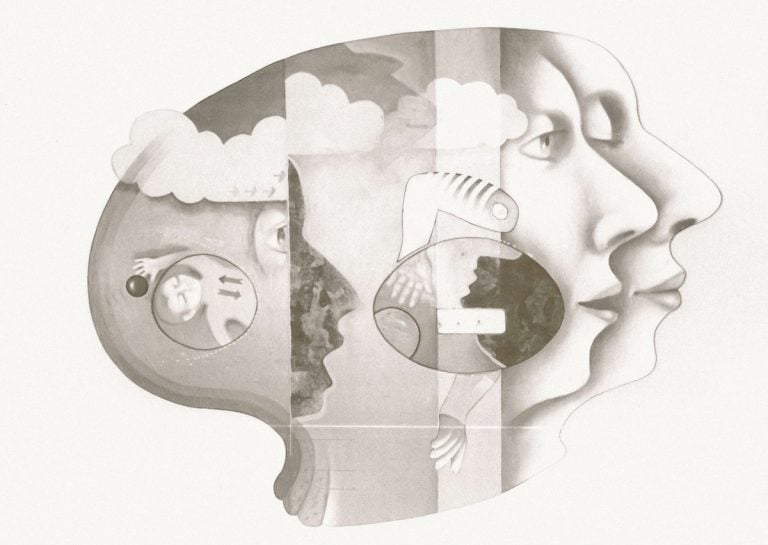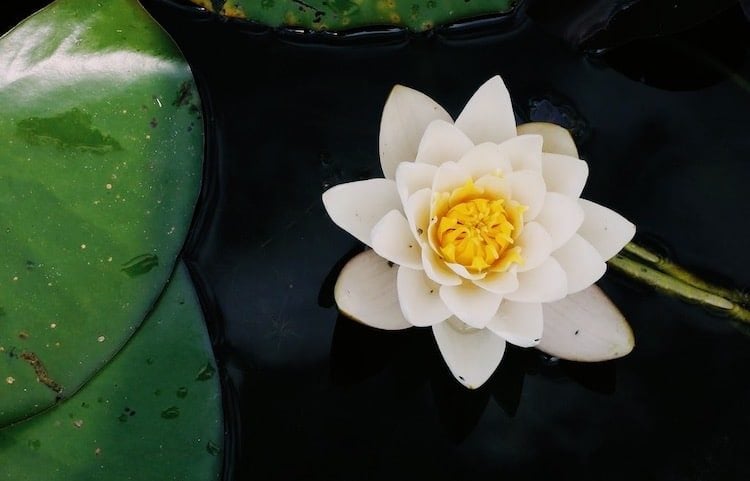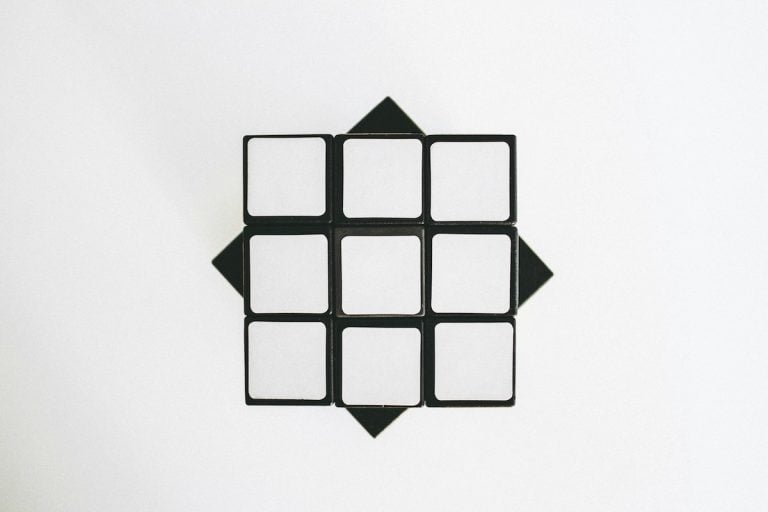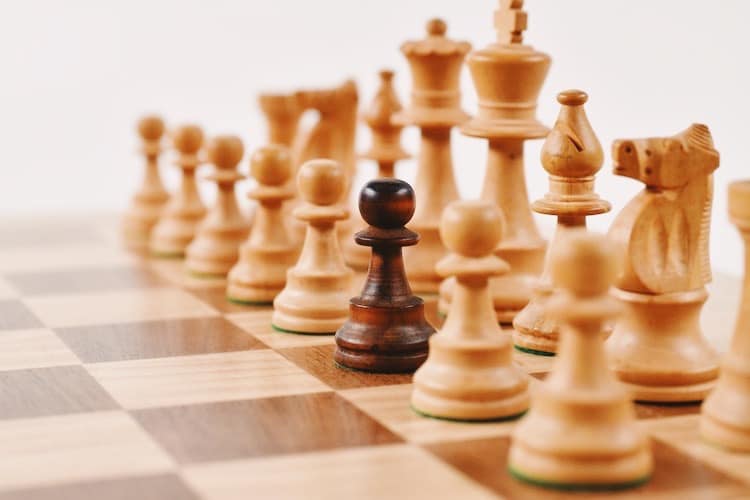What is Feng Shui? Exploring the Ancient Art of Spatial Harmony
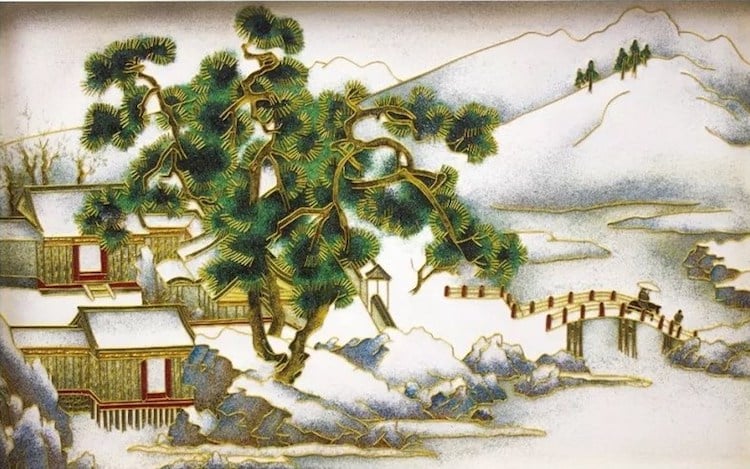
Feng Shui, which literally translates to “wind-water” in Chinese, is a fascinating practice that blends art, science, and metaphysics to create harmonious spaces. Rooted in ancient Chinese culture, Feng Shui has evolved over thousands of years, shaping not just personal spaces but even strategies for survival and warfare. Let’s dive into its rich history, misunderstood concepts, and modern relevance.
The Origins of Feng Shui: From Survival to Strategy
Feng Shui began as a practical method for ensuring safety and convenience during the Jōmon period (c. 14,000–300 BCE). Early communities used natural features like mountains, rivers, and valleys to protect their homes and settlements from threats. Over time, this understanding of the environment became a powerful tool for military strategy. By harnessing the terrain—be it plateaus, waterways, or urban structures—ancient armies leveraged Feng Shui principles to gain an edge in battle.
The system of Feng Shui was further refined and formalized during the Western Han Dynasty (206 BCE – 9 CE). For centuries, it became the official guideline for designing homes, temples, and cities. However, with the advent of modern Western values in the 21st century, Feng Shui was largely dismissed as outdated or labeled as superstition.
Separating Myth from Reality
One of the biggest misconceptions about Feng Shui is its association with luck, charms, and “cures.” Today, the market is flooded with trinkets and items claiming to bring wealth, happiness, or protection. However, this commercialization often strays far from the original purpose of Feng Shui.
Traditional Feng Shui is not about hanging mirrors or buying figurines to attract fortune. Instead, it focuses on understanding the “invisible forces” that connect humanity, the earth, and the universe. In modern terms, these forces are sometimes described as “magnetic fields,” a label that feels more scientific. But whether you see it as metaphysical energy or simply psychological influence, Feng Shui is fundamentally about creating balance and flow within a space.
The Core Concept: The Flow of Qi
At the heart of Feng Shui lies Qi (pronounced “chee”), which translates to “air” or “vital energy” in Chinese. Qi is the lifeblood of a space, influencing its energy flow and, by extension, the well-being of its inhabitants.
Consider the design of a foyer or entryway in modern homes. Beyond aesthetics, the entryway serves as a transition zone, allowing you to mentally and emotionally leave behind the chaos of the outside world. In Feng Shui, this space is critical for controlling the flow of Qi. A well-designed entryway can block negative energy—be it germs, dust, or stress—while keeping the positive Qi undisturbed within the home.
But what happens when there’s no separation between the entrance and the living space, as in small studio apartments? Without a proper flow, the Qi becomes stagnant, creating an energy imbalance that can affect both the space and its occupants. Unfortunately, no amount of Feng Shui charms can remedy this; it’s the design and layout of the space itself that matter most.
Feng Shui and Imperial Astrology: A Shared Foundation
Interestingly, Feng Shui shares deep roots with Imperial Astrology (Zi Wei Dou Shu ). Both are part of the Five Arts of Chinese Metaphysics and are grounded in the principles of Yin & Yang, the Five Elements (Wu Xing), and the I Ching.
While Feng Shui focuses on spatial harmony, Imperial Astrology delves into personal destiny through astrological charts. Yet, the two are interconnected. By analyzing your Imperial Astrology chart, you can uncover Feng Shui insights about your home, surroundings, and even personalized “wealth” or “love” corners. Imagine aligning your living space with the energies revealed in your astrological chart—how transformative could that be?
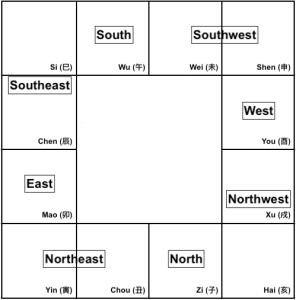
The True Essence of Feng Shui
At its core, Feng Shui is not about superstition or magical fixes. It’s a practice deeply rooted in balance and flow—helping you create an environment that nurtures your mind, body, and spirit. Whether the effects are psychological or metaphysical, the principles remain the same: leaving behind the clutter and negativity of the outside world to cultivate inner peace and harmony.
So next time you think about Feng Shui, remember—it’s not about charms or quick fixes. It’s about creating a space that supports your life, your goals, and your well-being, just as it has done for thousands of years.
Would you like to explore how your Imperial Astrology chart can guide the Feng Shui of your space? Let’s uncover the hidden connections between your destiny and your environment!
Subscribe to Newsletter
I share insights on Zi Wei Dou Shu, reflections on life, and practical guidance to help you navigate your journey.—subscribe and stay inspired!
Unlock the Secret of Destiny
Follow me on Facebook for fortune insights, life coaching, and wisdom from Zi Wei Dou Shu!


